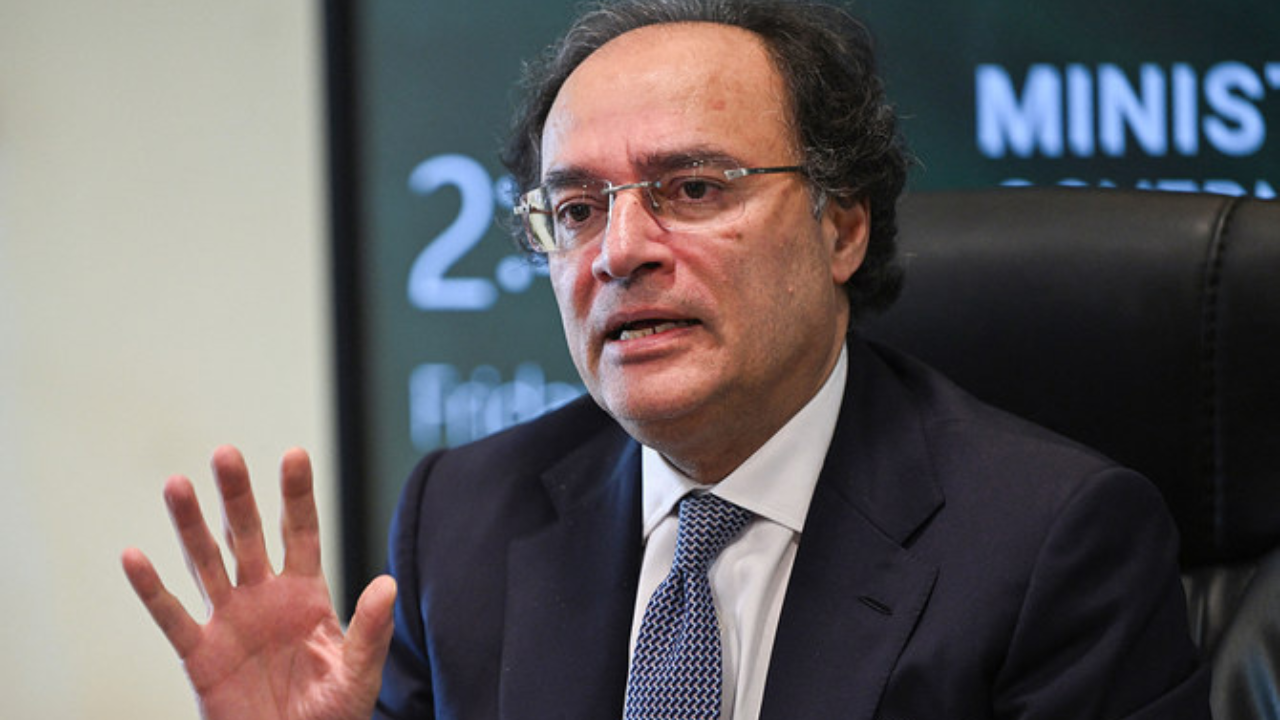ISLAMABAD – The federal government has approved a hefty Rs1.275 trillion loan arrangement from local banks to tackle the country’s mounting circular debt crisis in the power sector. As part of the plan, consumers will continue to bear a Rs3.23 per unit surcharge on electricity bills until 2031, marking yet another financial burden for the public as the government attempts to avoid a full-blown energy sector collapse.
Circular Debt Crosses Rs2.4 Trillion Mark
Pakistan’s power sector has long struggled with circular debt—a persistent, snowballing issue stemming from unpaid subsidies, transmission losses, and delayed payments to energy producers. As of June 2025, the circular debt has reached an alarming Rs2.393 trillion, putting immense strain on the national grid’s financial backbone.
To address this, the Ministry of Energy and the Finance Division jointly finalized an agreement with a consortium of 18 commercial banks, aiming to raise Rs1.275 trillion through a combination of fresh financing and loan rollovers. This arrangement includes Rs617 billion in new credit lines and the remaining as restructuring of existing obligations.
Surcharge Burden to Continue for 6 More Years
The Rs3.23 per unit Debt Servicing Surcharge (DSS) was initially introduced as a temporary measure to meet debt repayments. However, under the new plan, it will now remain in place until 2031, ensuring banks are repaid over an extended period.
Consumers—already reeling from rising fuel and utility costs—will effectively subsidize the government’s debt management strategy through their monthly electricity bills.
To facilitate this long-term repayment, the government has also planned amendments to the Nepra Act to lift the existing cap that restricts the recovery of more than 10% in electricity-related revenue through surcharges. This amendment is expected to be passed by June 2025.
How the Government Plans to Manage the Loan
As per the proposed roadmap:
- Around Rs387 billion in overdue interest will be written off.
- Nearly Rs254 billion will be paid through budgetary support.
- An additional Rs348 billion will be negotiated with Independent Power Producers (IPPs) to restructure outstanding claims.
The remaining Rs1.252 trillion will be serviced through the DSS paid by consumers. This long-term debt strategy, backed by the International Monetary Fund (IMF), is aimed at reducing the fiscal pressure from the power sector.
The federal government has finalized a Rs. 1.275 trillion loan agreement with 18 commercial banks to reduce the power sector’s Rs. 2.3 trillion circular debt.https://t.co/dudS9GIaid#PakistanEconomy #CircularDebt #EnergyCrisis #BankingSector #PowerReforms pic.twitter.com/BLxlaWQXwp
— Pakistan Economic Net (@NetPakistan) June 2, 2025
Why the Crisis Keeps Returning
Despite repeated efforts, the circular debt issue has continued to grow due to:
- High transmission and distribution (T&D) losses
- Low recovery from power distribution companies (Discos)
- Poor governance and lack of structural reforms
T&D losses stood at over 18% in 2024, far above the allowed limit of 11.77%. Meanwhile, recovery targets for billed electricity continue to fall short due to theft and inefficiencies in the system.
The IMF has urged Pakistan to address these operational inefficiencies and allow for cost-reflective tariffs to ensure the sector becomes self-sustainable.
Impact on the Average Consumer
For ordinary citizens and small businesses, this development means no relief in electricity bills for the foreseeable future. The surcharge, which was initially temporary, will now be a fixed component of the bill until 2031.
Critics argue that the burden should be shared across government subsidies, not just households. Energy experts warn that unless major reforms are implemented in governance and performance of Discos, consumers will continue paying the price for institutional failures.
The extension of the Rs3.23/unit surcharge until 2031 paints a sobering picture for Pakistan’s energy sector. While the Rs1.275 trillion loan may provide breathing space, real recovery will depend on whether the government follows through with promised structural reforms.
For now, consumers are left to shoulder the financial load of systemic inefficiencies and past policy failures.
For more updates on power tariff changes, energy reforms, and economic developments, visit Sahaafii News – Pakistan’s trusted source.














